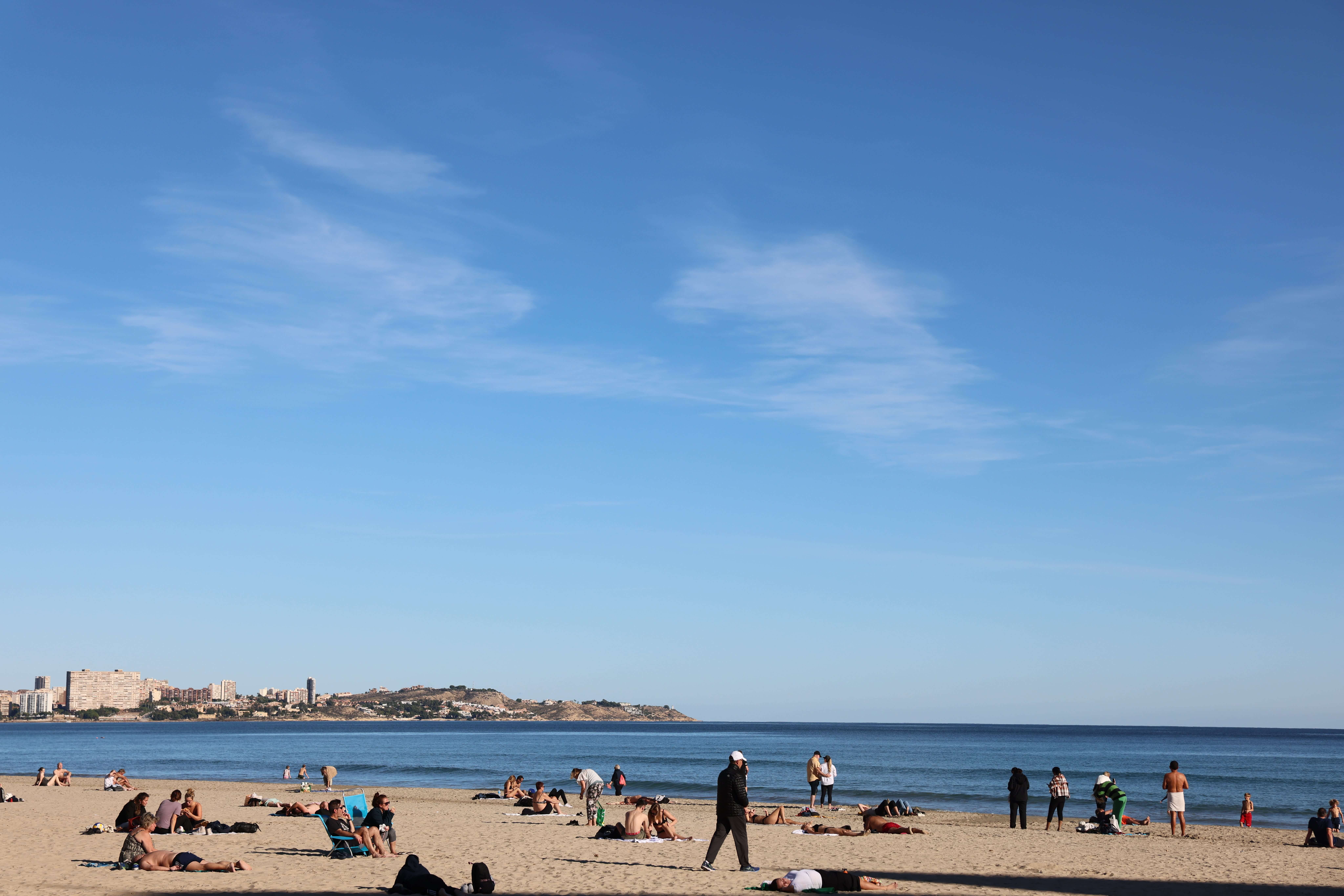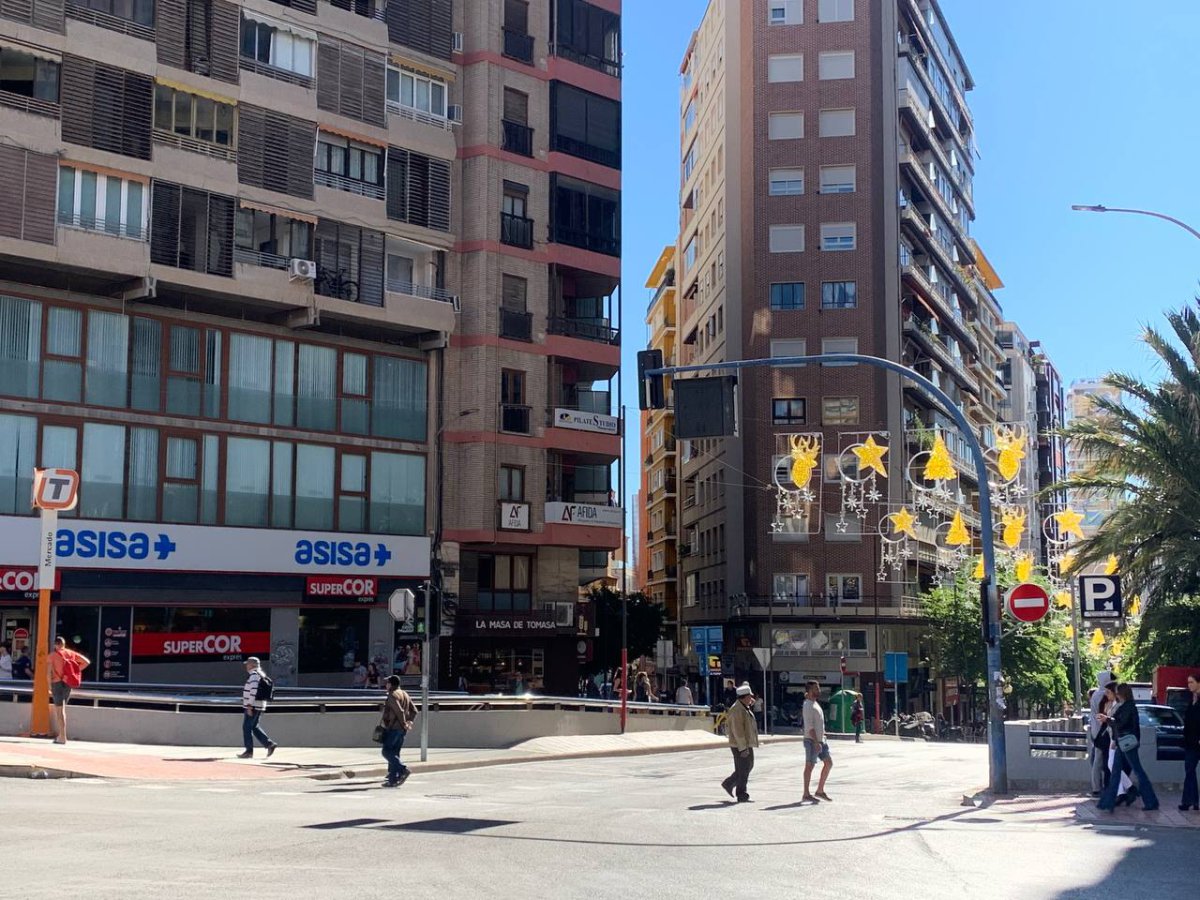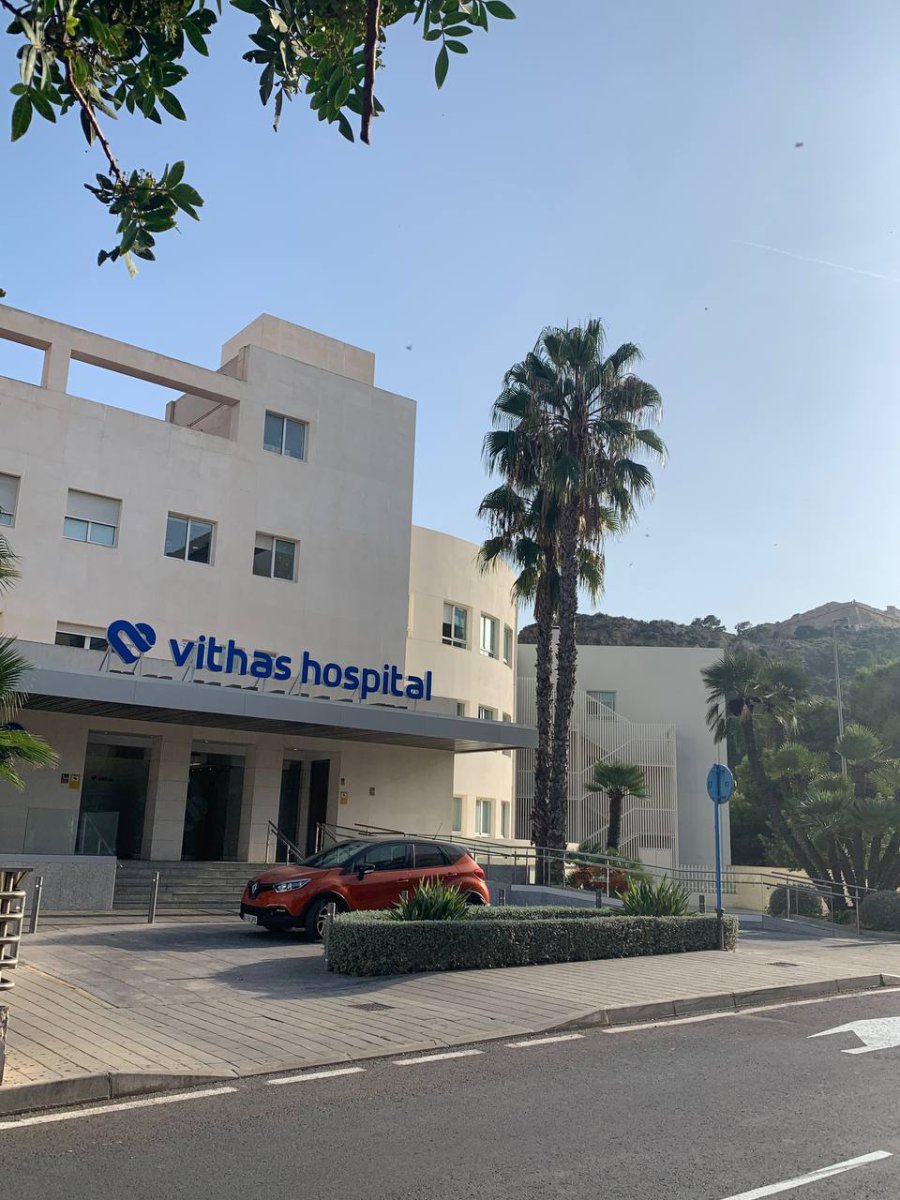Healthcare Tips for Tourists in Spain: What to Do in Emergencies
Traveling to Spain offers an incredible mix of culture, history, and breathtaking scenery. While you’re likely planning for exciting adventures, it’s just as important to prepare for unexpected situations, including medical emergencies. Understanding the healthcare system in Spain and knowing what steps to take can make a huge difference if you face a health issue during your trip.
Understanding Spain’s Healthcare System
Spain boasts one of the best healthcare systems in Europe, combining public and private services. Public healthcare is generally free or affordable for Spanish residents, but as a tourist, you might not qualify for all the same benefits unless you are from a European Union (EU) or European Economic Area (EEA) country. If you are, your European Health Insurance Card (EHIC) or Global Health Insurance Card (GHIC) can grant you access to basic medical care at reduced costs.
For non-EU visitors, having travel insurance with comprehensive medical coverage is essential. Private hospitals and clinics in Spain often offer quicker service, but the costs can add up without proper insurance.
Prepare Before You Travel
Planning ahead ensures you can act calmly in an emergency. Here are a few steps to take before heading to Spain:
- Purchase travel insurance: Opt for a policy covering emergency medical treatment, hospital stays, and evacuation.
- Carry important documents: Keep your passport, insurance details, and emergency contacts readily available.
- Learn key phrases: While many healthcare professionals in Spain speak English, knowing simple Spanish phrases like "Necesito un médico" (I need a doctor) or "Es una emergencia" (It’s an emergency) can help.
What to Do in Case of an Emergency
Emergencies can happen anytime, and knowing what to do will help you stay calm and act effectively.
Call Emergency Services
Spain’s national emergency number is 112, available 24/7 and free to call from any phone. Operators typically speak multiple languages, including English. Use this number for life-threatening situations like accidents, heart attacks, or severe allergic reactions.
Visit a Hospital or Health Center
For serious but non-life-threatening issues, head to the nearest hospital. Public hospitals provide excellent care and usually have an emergency department (Urgencias). Be ready to show your ID, insurance details, or EHIC/GHIC card.
If your condition isn’t urgent, you can visit a local health center (Centro de Salud). These are ideal for minor illnesses, injuries, or prescriptions.
Pharmacies: Your First Stop for Minor Issues
Pharmacies (Farmacias) in Spain are incredibly resourceful. Pharmacists can provide advice, over-the-counter medication, and sometimes even prescription drugs for minor ailments. Many pharmacies operate 24/7, and you’ll find their address marked with a green cross.
Accessing Private Healthcare
If you prefer private healthcare, research private clinics near your accommodation. Some cater specifically to tourists and offer English-speaking staff. Keep in mind that private care requires upfront payment unless your travel insurance covers it directly.

Common Tourist Health Concerns
Travelers often face specific health challenges when exploring a new country. Here’s how to handle a few common ones:
- Heat-related issues: Spain’s warm climate, especially in summer, can cause dehydration, heatstroke, or sunburn. Drink plenty of water, wear sunscreen, and avoid prolonged sun exposure during peak hours.
- Food poisoning: While Spanish cuisine is delicious, unfamiliar food may upset your stomach. Stick to reputable restaurants and ensure your food is cooked thoroughly.
- Allergies: If you have allergies, carry antihistamines or your EpiPen. Inform restaurant staff about dietary restrictions in advance.
Tips for Smooth Medical Assistance
To make your healthcare experience as stress-free as possible, follow these tips:
- Keep cash or a credit card handy: Even public hospitals may charge a small fee if you don’t have an EHIC/GHIC card or insurance.
- Have a translation app: While many medical professionals speak English, smaller clinics may not. A translation app can bridge language gaps.
- Know your embassy’s contact information: Your country’s embassy can assist with emergencies, including helping you find medical care.
Handling COVID-19 and Other Communicable Diseases
Spain has effective measures for managing communicable diseases like COVID-19. If you develop symptoms such as fever, coughing, or shortness of breath, avoid crowded areas and seek medical advice immediately. Call 112 or the nearest healthcare center for guidance. Pharmacies also sell COVID-19 self-test kits for quick checks.
Staying Healthy on Your Trip
Prevention is always better than cure. To stay healthy while enjoying Spain, consider these tips:
- Pack a first-aid kit: Include pain relievers, band-aids, and any prescribed medications.
- Stay hydrated: Carry a refillable water bottle, especially when visiting hot regions like Andalusia or Valencia.
- Be cautious with activities: Avoid risky adventures without proper equipment or guidance, especially in remote areas.
Navigating healthcare in Spain as a tourist doesn’t have to be overwhelming. By preparing ahead, knowing what to do in emergencies, and taking preventive measures, you can enjoy your trip with peace of mind. Spain’s healthcare system is reliable, and with the right steps, you’ll have the support you need if a medical issue arises.
Whether you’re savoring tapas in Madrid or exploring Gaudi’s architecture in Barcelona, prioritize your health and safety to make your Spanish adventure unforgettable for all the right reasons.
